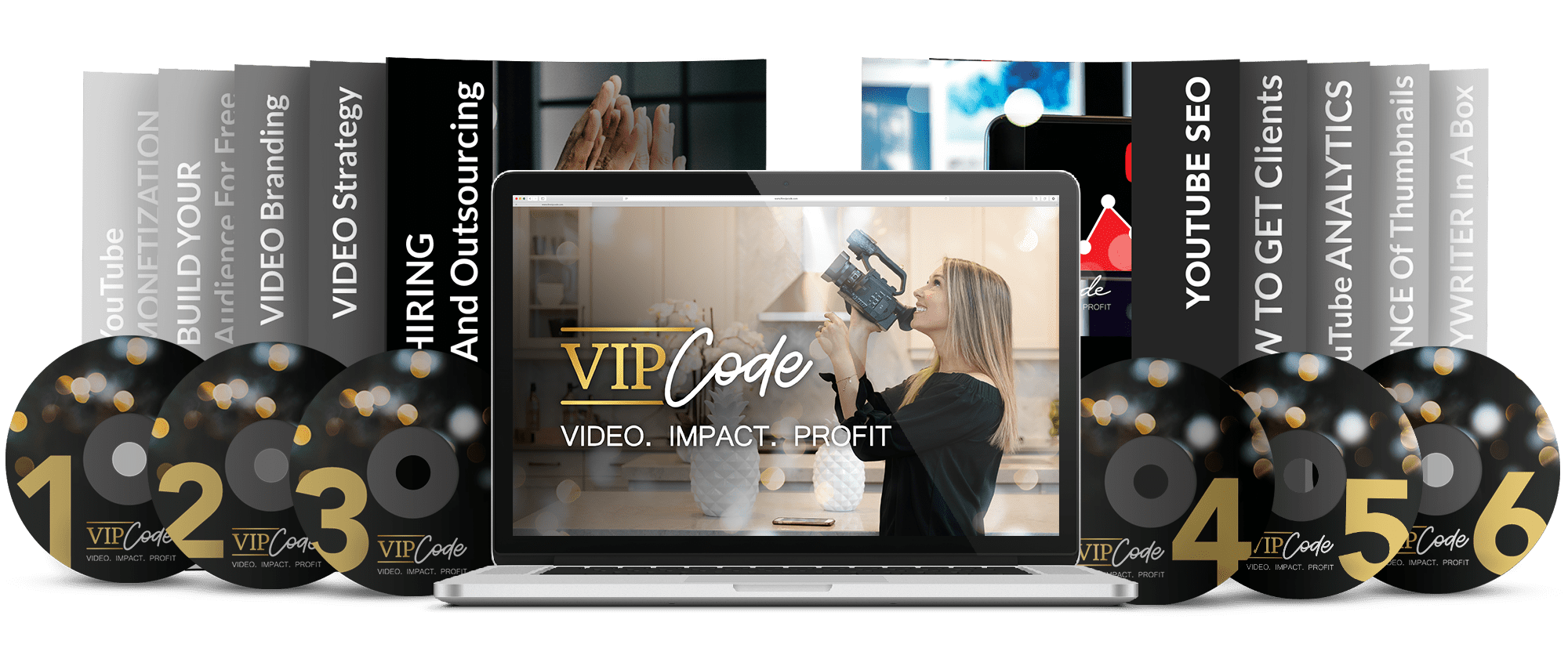What is CreditDonkey?
CreditDonkey is an online platform that offers a wealth of financial insights, tools, and reviews. Established to help consumers make smarter financial choices, CreditDonkey covers a broad spectrum of topics including credit cards, personal finance tips, banking solutions, and investment opportunities. With clear and actionable advice, it’s a go-to resource for finance-conscious individuals looking to maximize their money’s potential.
Why CreditDonkey Matters
The financial landscape is vast, and misinformation can lead to costly mistakes. CreditDonkey stands out as a trusted partner by offering well-researched and unbiased content. Here’s what makes it an invaluable resource:
Expert Reviews and Comparisons: Choosing the right credit card or financial product can be daunting. CreditDonkey’s expert reviews and side-by-side comparisons make it easier to evaluate your options based on your unique needs, whether you’re seeking rewards, low interest rates, or balance transfer benefits.
Educational Content: Knowledge is power, and CreditDonkey delivers with a treasure trove of educational articles. From demystifying APRs to providing actionable budgeting strategies, their content is designed to build your financial literacy.
Tailored Recommendations: With a user-friendly interface and tailored suggestions, CreditDonkey ensures that the information you receive aligns with your goals. Whether you’re rebuilding credit, investing for the first time, or managing debt, there’s something for everyone.
Transparency and Trustworthiness: In an era where sponsored content often blurs the line between advertising and advice, CreditDonkey remains committed to transparency. Their recommendations are based on genuine research and analysis, ensuring you can make decisions confidently.
Key Features of CreditDonkey
Credit Card Finder: This tool helps you identify the best credit cards based on categories like cashback, travel rewards, student cards, and more.
Banking Insights: Compare savings accounts, CDs, and checking accounts to find the best rates and features.
Investment Guides: Navigate the complexities of investing with straightforward advice tailored to beginners and seasoned investors alike.
Budgeting Tips: Learn practical ways to manage your money, reduce expenses, and achieve your financial goals.
How to Leverage CreditDonkey for Your Financial Goals
Using CreditDonkey is simple and effective. Here’s how you can make the most of this platform:
Start with Your Goals: Are you looking to save more, invest wisely, or pay off debt? Use CreditDonkey’s search and category tools to find articles and guides tailored to your objectives.
Compare Before You Commit: Before signing up for a credit card or bank account, use CreditDonkey’s comparison tools to weigh the pros and cons.
Stay Informed: Bookmark the site and visit regularly to keep up with the latest trends, tips, and tools in personal finance.
Real Users, Real Success Stories
Countless users have shared their success stories, attributing their financial improvements to CreditDonkey’s guidance. From young professionals securing their first credit card to families optimizing their household budgets, the platform has made a meaningful impact across diverse demographics.
Why You Should Trust CreditDonkey
At its core, CreditDonkey is driven by a mission to help consumers achieve financial freedom. Their dedication to accuracy, user-centric design, and actionable insights has made them a trusted name in personal finance. With CreditDonkey, you’re not just making financial decisions; you’re making smarter, more confident ones.
Conclusion
In a world where financial clarity is often hard to come by, CreditDonkey shines as a beacon of trust and reliability. Whether you’re a seasoned finance guru or just starting your journey to financial wellness, CreditDonkey provides the tools, knowledge, and confidence you need to succeed.
Don’t let uncertainty hold you back. Explore CreditDonkey today and unlock the full potential of your finances. Empower yourself to make decisions that pave the way for a brighter, more secure financial future.









